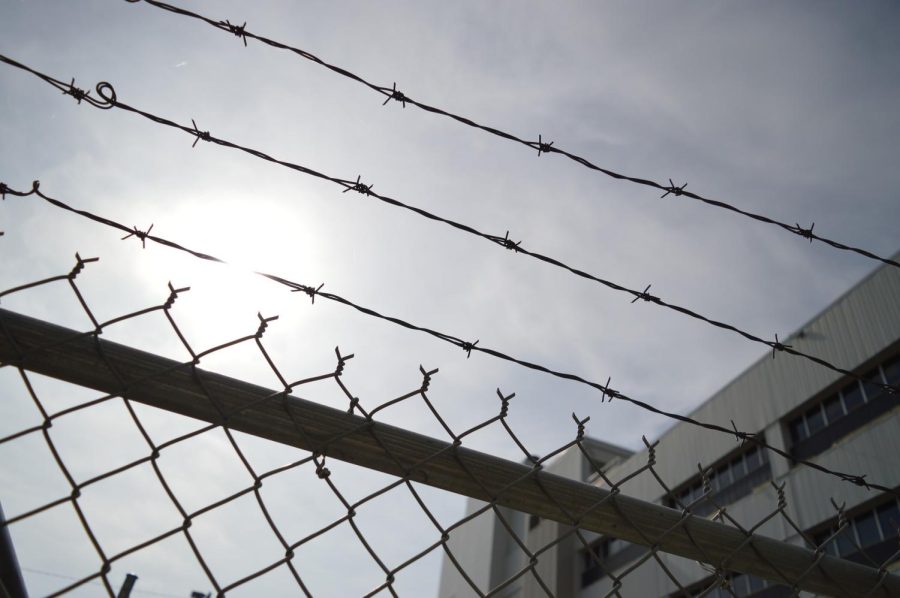Are Private Prisons Necessary?
Which would you prefer: a prison made to make money, or a prison meant to deter inmates from crime and rehabilitate them? The choice seems obvious when you think about the implications of for-profit prisons, but unfortunately for the last 40 years or so, for-profit prisons have dominated the United States.
A Brief History of CCA and GEO
According to Madison Pauly of Mother Jones, Correction Corporation of America (CCA) and Wackenhut Corrections Corporation, later renamed the GEO Group, were founded in 1983 and 1987, respectively. They both started out as facilities to hold detained immigrants. CCA advertise their facilities as better than those of the public sector due to their use of electronic surveillance and more efficient architectural layouts requiring fewer staff members. Unfortunately, their largely under-trained staff has a history of not adhering to proper ethical standards, resulting in multiple violent crimes and sexual abuse incidents.
In the 90s, the American Legislative Exchange Council (ALEC)’s new legislation, specifically the three-strike and truth-in-sentencing bills, caused a prison boom. CCA co-chairs ALEC, but claims to have had no vote or comment on ALEC legislation. Around the same time, specifically 1997, the CCA rebranded itself as a property business for the purpose of increased tax benefits, allowing it to buy up a series of prisons from the money made off of real estate.
For Profit Prisons in Mississippi
In Mississippi in the early 2010s, two different facilities, one run by GEO and the other by CCA, had problems come to a head. One went to court over reports of staff sexually abusing minors, causing the judge to call the facility a “cesspool of unconstitutional and inhuman acts and conditions.” The other had a 24-year-old employee die in a riot after several inmates’ complaints over lackluster food, medical care and treatment from guards went unanswered.
The same year, CCA offered to buy 48 different states’ prisons on the basis of a 20-year management contract. Chris Epps, Mississippi’s prison commissioner and the president of the American Correctional Association, was charged with accepting a type of bribery from a private prison contractor. CCA’s annual report calls for criminal justice reform for the purpose of a reduction in “risk factor” for its business.
A Systemic Issue
Clearly, the history of for-profit prisons is not entirely clean. Unfortunately, the system has taken advantage of prisoners for profit going even further back than this. For example, the privatization of the Louisiana State Penitentiary put inmates to work in a textiles factory back in 1844. Journalist Shane Bauer, who spent four months undercover as a guard at Louisiana’s Winn Correctional Center, writes about this in his book “American Prison.”
Not only that, but for-profit prisons create an unequal access to justice to a degree that some call unconstitutional. Investigations into private prisons have found severely low-quality facilities and unequal treatment of prisoners, thus violating the constitution. Studies have shown that for-profit prisons have proven to cost the government more money to run, not less.
In fact, nearly early every type of negative incident possible in a prison is statistically more likely to happen in a for-profit prison. For example, there are twice as many inmate-on-staff assaults and illicit weapons than comparable federal facilities. This is likely because for-profit guards have fewer training hours on average and these prisons are less restricted and less likely to comply with federal policy and standards.
Overall, whether it is from the perspective of a prisoner, guard or law-abiding citizen, for-profit prisons seem to be no one’s preference.

Adams W. Ray is a creative writing major and a lifelong Mississippian. He was born in Grenada and attended public school there for a short tenure. He went...



